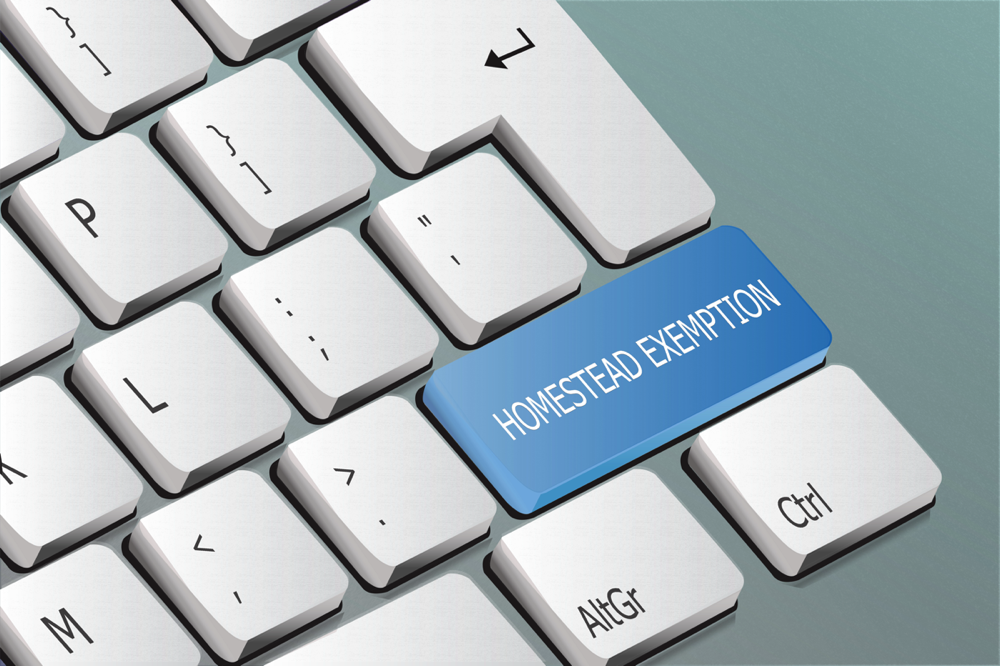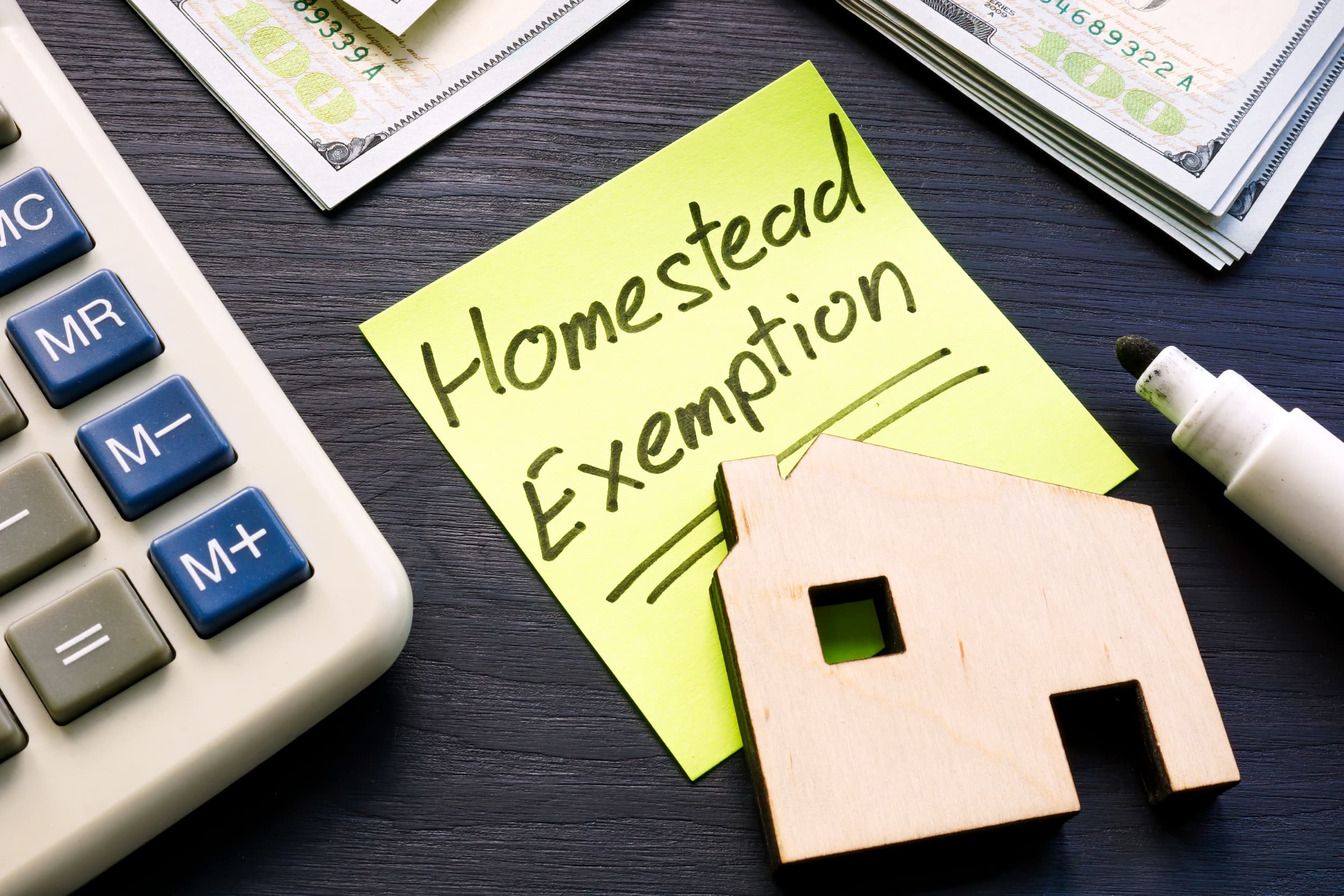What is a Homestead Exemption?
A homestead exemption can be an unfamiliar real estate term, especially for first time home buyers. However, this is a money-saving term you’ll want to understand!
Homestead exemptions are meant to offer property owners a form of protection from creditors and property taxes toward their primary home residence. If you qualify, the exemption excludes either a specific dollar amount or a percentage of the home’s total value from being calculated into the taxes owed on the property. In short, the exemption reduces the amount of money a homeowner will have to pay in property taxes and provides a form of protection for their home purchase!
If you recently purchased a home, you’ll want to understand who qualifies for a homestead and how to apply. But first, it’s helpful to fully understand the benefits of applying.
What are the Advantages of a Homestead Exemption?
If a homeowner is unable to pay the monthly mortgage or claims bankruptcy, a homestead protects the owner from a forced sale of the home. It also provides a surviving spouse continuing tax relief in the unfortunate event of a death.
Why else do people get homestead exemptions? What is the benefit of a homestead exemption?
It can be a bit tricky to understand, but receiving an exemption ultimately enables homeowners to reduce the amount of property taxes paid on the home. Property taxes are one of the largest ways local governments collect money and the amount of taxes a homeowner owes is based on the assessed value of the home. Homestead reduces the property’s assessed value that is subject to taxation.
How do Homestead Exemptions Laws work?
Laws can vary state to state or even by county, so be sure to research how your state handles these exemptions. While most states offer some form of an exemption, some offer nothing. Others only offer them to elderly citizens, individuals with disabilities, veterans or those who land in other specific groupings.
For example, in some states, owners can claim up to $50,000 on their primary residence, with the first $25,000 of the exemption amount applicable to all taxing authorities. A taxing authority is any government agency with the power to impose taxes, including school districts. If a property has an assessed value of over $50,000, the homeowner can qualify for an additional $25,000 exemption that excludes school tax.
Who is Eligible for a Homestead Exemption?
Wondering who qualifies for a homestead exemption? In order for a homebuyer to receive an exemption, they must meet certain criteria based on their state tax law. For example, in Florida, exemption applicants have to:
- As of December 31st, be living in the homestead property to qualify for homestead in the following year
- Be a permanent resident of the state in which the property was purchased (and a U.S. Citizen)
- Typically be the primary property owner
- Claim the property as their full-time place of residence or the full-time residence of a person they claim as a dependent. This means the property cannot be a rental. In fact, the owner can’t have rented the property more than 30 days in a year to qualify. This also means the property can’t be a second home or an investment property.
Is There a Homestead Exemption Deadline?
It is important homeowners don’t miss the homestead application deadline for their respective state or county. For example, in Florida, tax exemption law is statewide. The homestead exemption filing deadline in Florida is Midnight of March 1st of that tax year and must be submitted within the first year a person is eligible. Check your state or county tax laws for deadlines.
How to Apply for a Homestead Exemption:
Where can I find a homestead exemption application? Most states offer online or in-person applications that can be found on the county property appraiser website. Be prepared to give details about the property as well as provide personal documentation. Again, tax laws differ from state to state, so checking your local laws is crucial.
If you meet your state’s criteria, consider applying so you can claim a homestead exemption to receive a break on your tax bill!
Deadline is March 1st to file for Homestead Tax Exemption for primary residences in Florida. For more information follow the links below.






